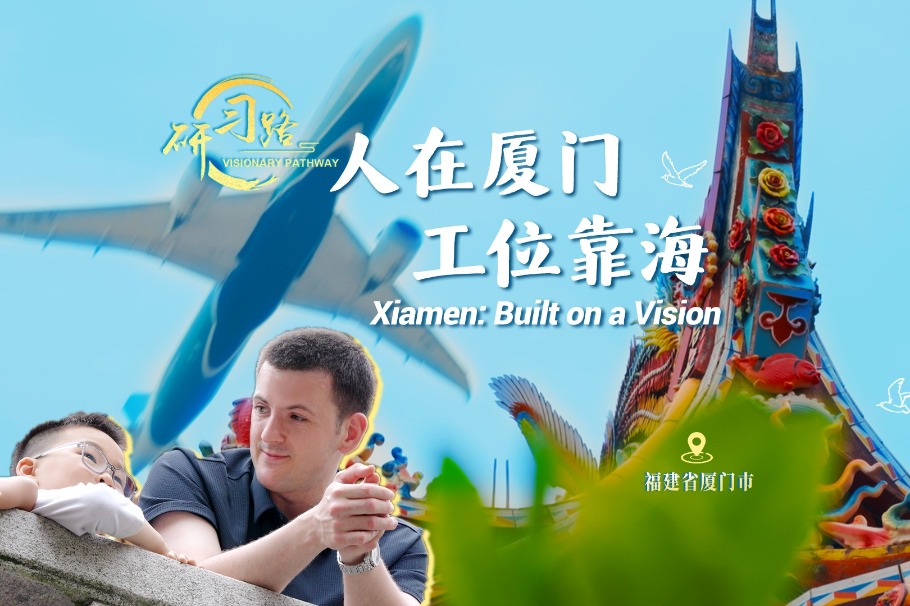Green, healthy lifestyle revolution boosts China's consumer market


Alongside health, sustainability has emerged as a key priority for Chinese consumers, driving demand for eco-friendly fashion, low-carbon food delivery, and energy-efficient appliances, unlocking new economic opportunities, industry experts note.
Leading sportswear brands are responding, with Anta and Li-Ning utilizing recycled materials and eco-friendly manufacturing processes to enhance product performance while expanding their eco-conscious lines. Anta's 2024 ESG Report shows sustainable products accounted for over 30 percent of its total offerings last year, with 26 carbon-neutral certified items launched.
In the food delivery sector, this shift is reflected in Meituan's "Green Mountains Initiative," launched in 2017. The program has spurred a widespread move toward sustainable consumption. By early June, about 500 million users had opted for utensil-free deliveries, while more than 1 million merchants had joined eco-actions ranging from plastic reduction to food waste prevention.
China's nationwide consumer goods trade-in program further underscores this trend. Ministry of Commerce data reveals that in 2024, over 60 percent of newly purchased vehicles were new energy vehicles, and more than 90 percent of new appliance sales involved Tier-1 energy-efficient models. This has driven four consecutive months of double-digit sales growth for smart and high-efficiency appliances.
"Green appliances are now the preferred choice, offering consumers a premium lifestyle while advancing sustainability," noted Xu Dongsheng, vice-chairman of the China Household Electrical Appliances Association.
As China's support for new quality productive forces accelerates shifts in consumption patterns, driven by enterprises offering greener, smarter products and services, companies are racing to innovate.
In the fitness sector, supply chains are advancing rapidly, driven by intensified research and development (R&D) and quality upgrades. Official data show that 146 national "Little Giant" enterprises -- specialized, high-tech small and medium-sized firms -- now operate in sports-related fields, ranging from smart wearables to bicycle parts manufacturing and fitness and rehabilitation equipment.
Global players are also actively expanding their presence to tap into China's fitness boom. Last Saturday, French sports retailer Decathlon simultaneously opened stores in Shanghai, Beijing, and Nanjing. These hubs offer one-stop sports gear and host community activities such as cycling, hiking and running, catering directly to China's fitness boom, the company's communications department said.
Cao's running passion has taken him from a half-marathon in Baotou, Inner Mongolia, to training for Beijing's premier marathon later this year. "This fitness craze is no fad, it's our new lifestyle," he says. "And as it grows, so will our drive to live healthier, greener lives."
























